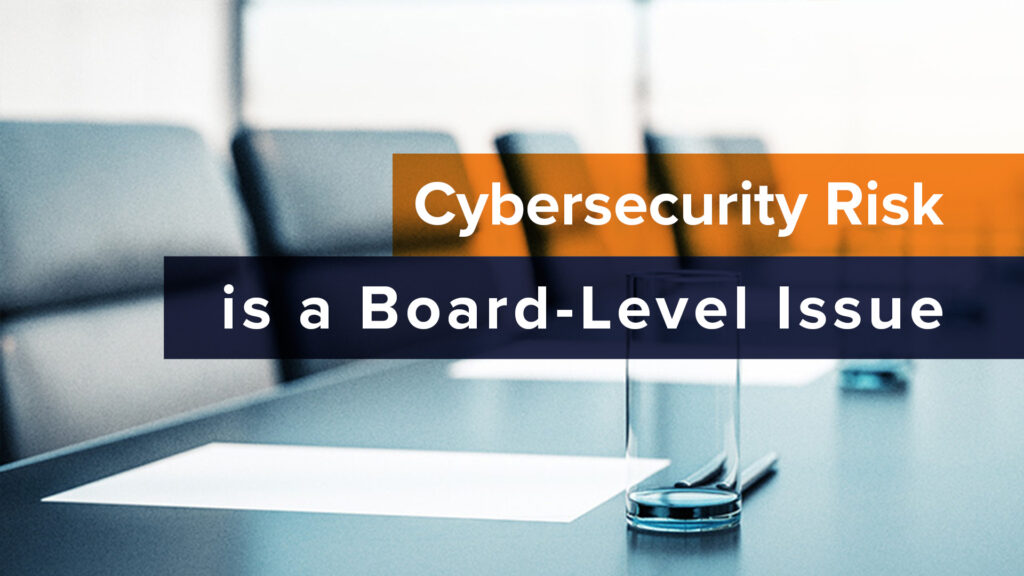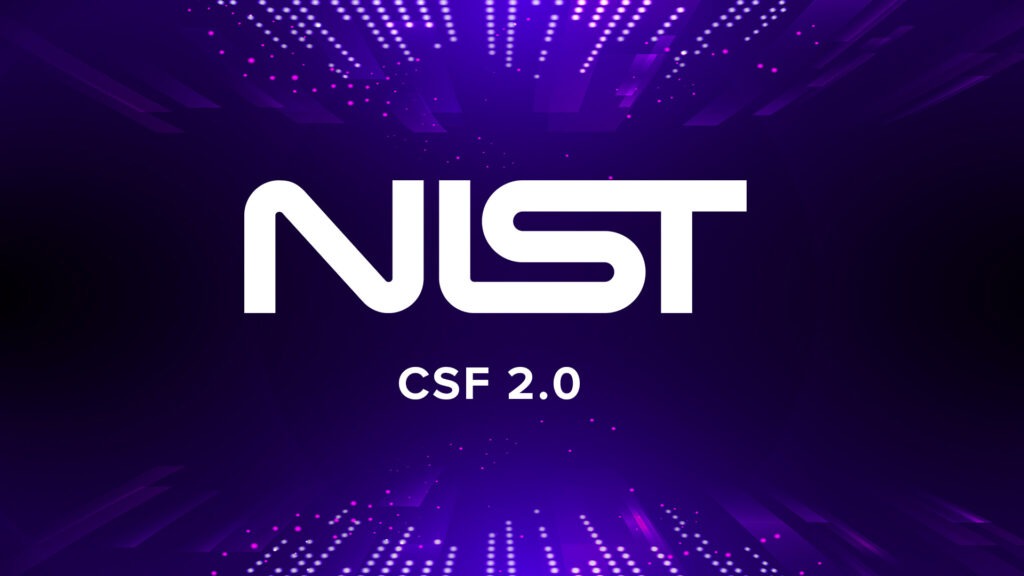A platform company is a company that creates value by facilitating exchanges and transactions between two or more interdependent groups, usually consumers and producers. Contrast that with a traditional company that operates on a linear model that creates value in the form of goods or services and then sells them to someone downstream in their supply chain.
Uber and Lyft are platform companies, Yellow Cab is not. Airbnb and VRBO versus Wyndham Hotel Group or Marriott International, and even eBay versus Sotheby’s or Christie’s.
A platform company DOES NOT rely on inventory, manufactured goods, and products, etc.
Uber doesn’t own any cars, Airbnb doesn’t own any hotel rooms, and eBay doesn’t own any warehouses full of art and artifacts.
A platform company DOES rely on two paradigms of Digital Transformation: the transaction and the platform.
The transaction is the scalable and repeatable process that creates and consumes value between producers and consumers. The platform is what enables consumers and producers to find each other and to enforce the standards and rules for those same transactions. Platforms don’t cut out the middleman, they digitize them and take a cut of every transaction. They enable consumers to communicate directly with providers and that is what drives their value and their market share.
It doesn’t matter if you’re selling services, products, or content, or providing a platform to allow developers to build software, or hosting a Massively Multiplayer Online (MMO) game, once you realize what part(s) of your industry can be a platform, digital transformation then becomes a matter of execution. Your company’s survival may not be assured but it will certainly have a better chance than if it continues delivering on the linear business model.
When you’re ready to disrupt your industry and breathe new life into your business let us know. We can help.
Author




 By Biljana Cern
By Biljana Cern
